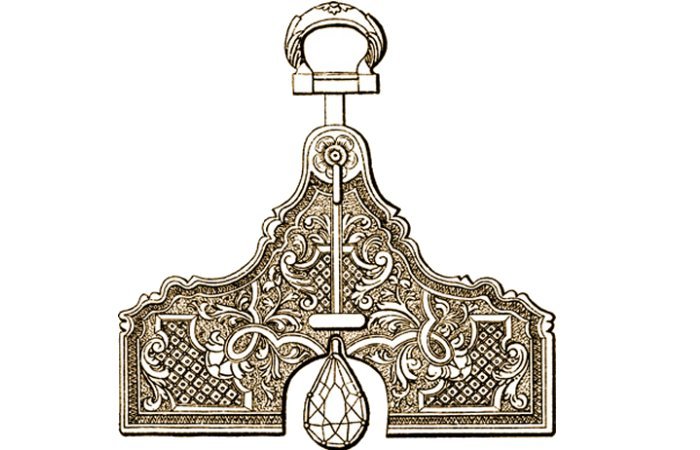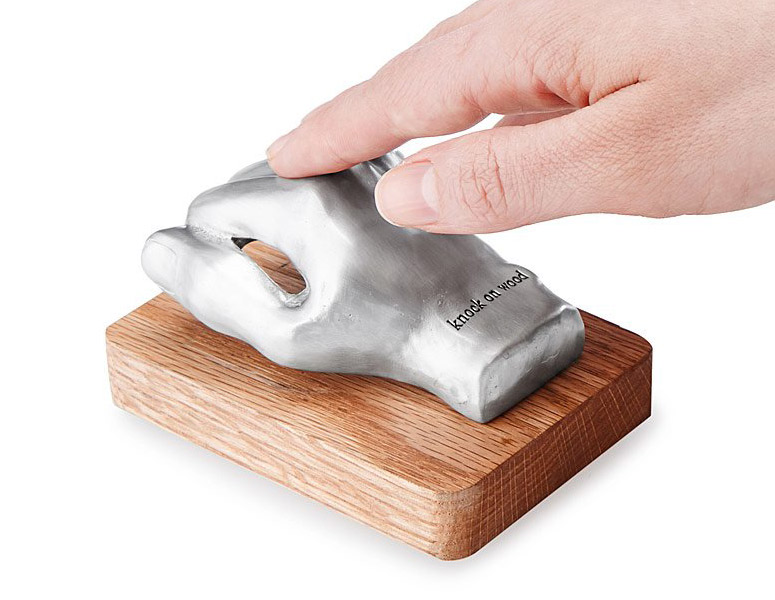Since my invitation from Bro. Johnson earlier this year to contribute a short series of essays here at the Midnight Freemasons, discussing a succinct topic and application possibilities via my past business acumen, I had wondered if I should write anything further. After all, I continually pondered, “Just who am I, from a Masonic perspective, to speak to the Craft about the Craft?”
Although the Craft is full of Masons that know the finest details of how to deliver Ritual and more. Personally, like I’m guessing many others, when I return to Lodge my rustiness will be as much on full display as that seen on cars within a junkyard.
I know, you know, precisely what I’m addressing.
Many will be fearful if, or more like when, those in the “whispering section” shake their heads in disbelief, if not outright disgust, that anyone would allow themselves to let the “basics” appear so sloppily applied, if not, forgotten entirely.
And it is here I’m going to make a statement that might skip that, more than likely will send a few into the gnashing of teeth. However, that’s precisely what I’m paid to do when I speak to an audience of businesspeople whose combined sales figures rival most countries GDP. So, this really isn’t something new for me.
This point is not a slyly slid, self-serving detail. There’s a reason for it as I’ll explain. In what I know is a broad brush, I’m going to make a factual statement via my own observance: Everyone tries and does the “What” part of Ritual i.e., Do this first, that second, stand here, walk here, recite this, and so forth. We have “Degree teams” to show the excellence of delivery, we award for ‘Best In Show” type categories. The list goes on and on.
There’s a good reason for it, and I’m not denigrating any part of it. So, do not misconstrue my argument. What I am speaking directly to, and is of my own opinion, no one else, is that all of it, yes, all of it is meaningless without reverence to:
The WHY we do it. The reason why the fraternity is struggling is because it has lost the meaning of: “Why.”
It is now, to the extent of all else, laser-focused on getting more and more Masons proficient into the “What” aspect of Ritual, rather, than addressing the ever-present silent screaming question of “Why?” Masons recite lectures verbatim with no prompting, word for word, from pure memory. A feat that is worthy of praise and accolades. Personally, I was floored during my own EA degree when it was delivered to me. However, with that said, I have had that “silent screaming question” reverberating in my head before joining the Craft. It actually was the driving force that made me “Knock…”
I thought I would hear, read, be lectured, ____________(fill in your own here) with precisely that as I went to meeting after meeting, visited other Lodges, attended symposiums put on by governing bodies et cetera.
Hint: The silence on this topic (e.g., The Why) has been deafening.
Let me try this to provoke your thinking in asking you a very pointed question that I would like you to answer in the privacy of your own mind, regardless of your rank, jurisdiction or affiliation of a concordant body, which is…
Who would you be more comfortable to put your faith in as a Brother, that you can count on when the time demands?:
One that could recite the longest and most complex lecture verbatim, without prompting, and without a mistake. Yet, cares little for Masonic traditions sept for his involvement in seeking a higher rank or accolade for the sole purpose of title and awards?
Or…
One that can’t remember more than two sentences without needing prompting, shakes with frustration in his inability to be able to perform half as well as he tries to prepare. Yet, has complete and utter reverence into why he’s doing what he’s doing and has such respect for it, he is madder at himself for messing up than a pew full of Past Masters full of scorn for his ineptness?
I’ll take the latter every time, thank you. And so should you.
And for those that think I’m off base on all this? I’ll ask you to consider the following…
Every Mason knows (and will tell you without prompting!) that George Washington was a Mason, some in great detail.
What very, very, very few can articulate: Is Why?
Think about it.
~Mark St. Cyr - Freemason



